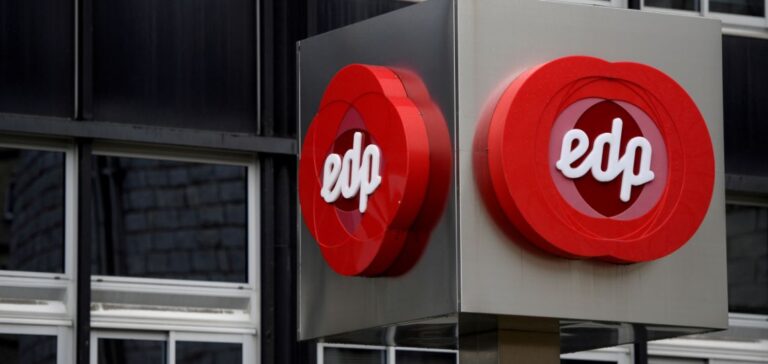Energias de Portugal (EDP), one of Europe’s leading energy companies, reported a net profit of €801 million in 2024, a 16% decline compared to the previous year. This drop was primarily due to challenges faced by its renewable energy subsidiary, which saw its profits plummet by 57%, reaching only €221 million. One of the key factors contributing to this disappointing performance was the abandonment of wind projects in Colombia, a decision that significantly impacted the results of the division.
Investments and renewable strategy
Despite this setback, EDP continues to pursue its strategy of heavy investment in renewable energy. In 2024, the company allocated 96% of its total investment, €5.4 billion, to green projects, while also continuing the modernisation of its electricity infrastructure in Portugal, Spain, and Brazil. These projects aim to strengthen the integration of renewable energy into the electricity grids and support the energy transition.
Reduction in investments and share buyback programme
In response to weaker results and the increase in net debt, which rose by 2% to €15.5 billion by the end of the year, EDP has decided to slow down its investments for 2025 and 2026. As part of this strategy, the company launched a €100 million share buyback programme over the next three months to support its shareholder base and strengthen its position in financial markets.
Stock market performance
At the Lisbon Stock Exchange, EDP’s shares fell by 3.69%, settling at €3.07 by mid-afternoon, while those of its renewable subsidiary dropped by 10.22%, falling to €8.4. This decline in stock prices reflects investors’ negative response to the drop in profits and the uncertainty surrounding the future performance of projects in the green energy sector.






















